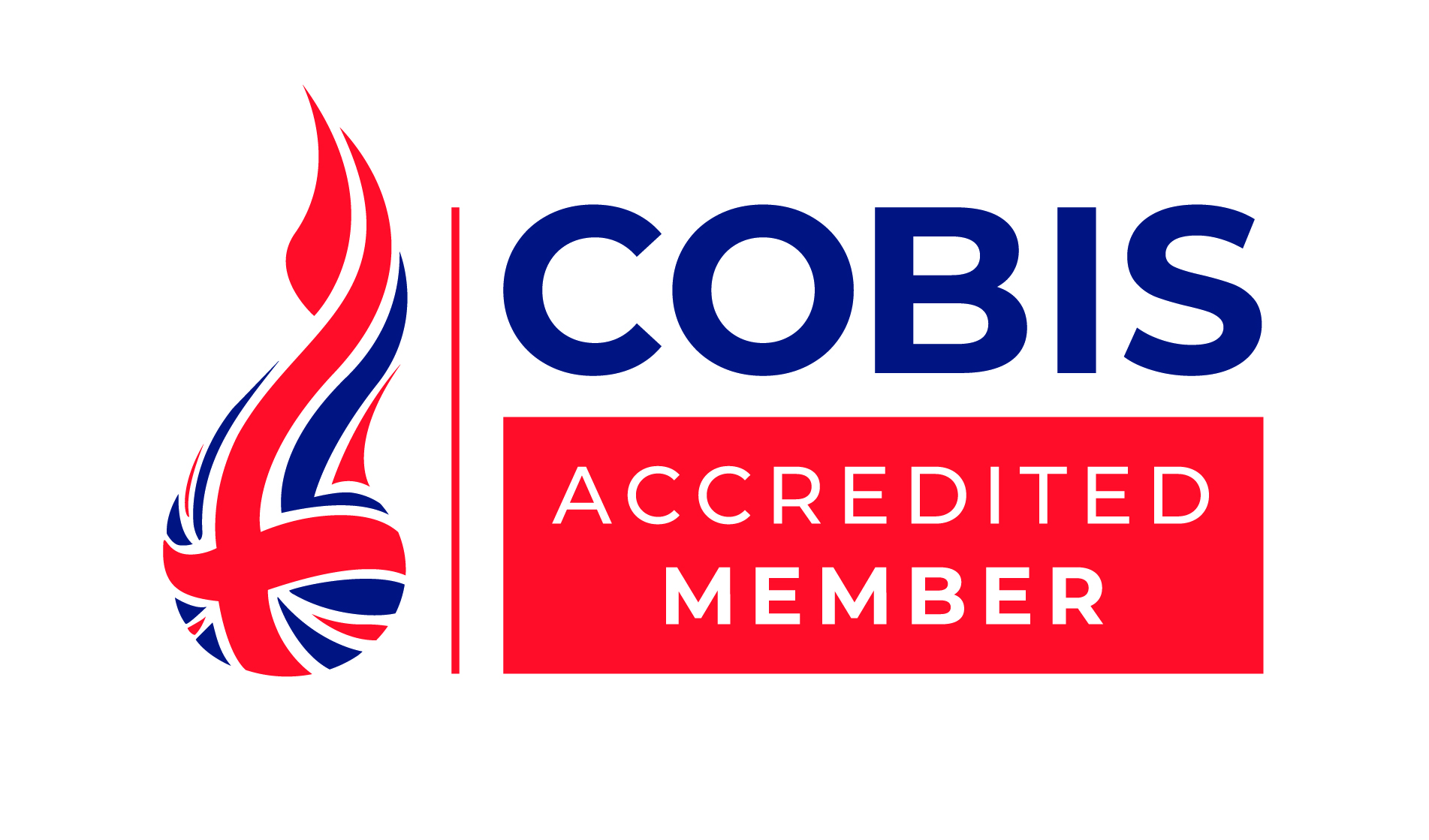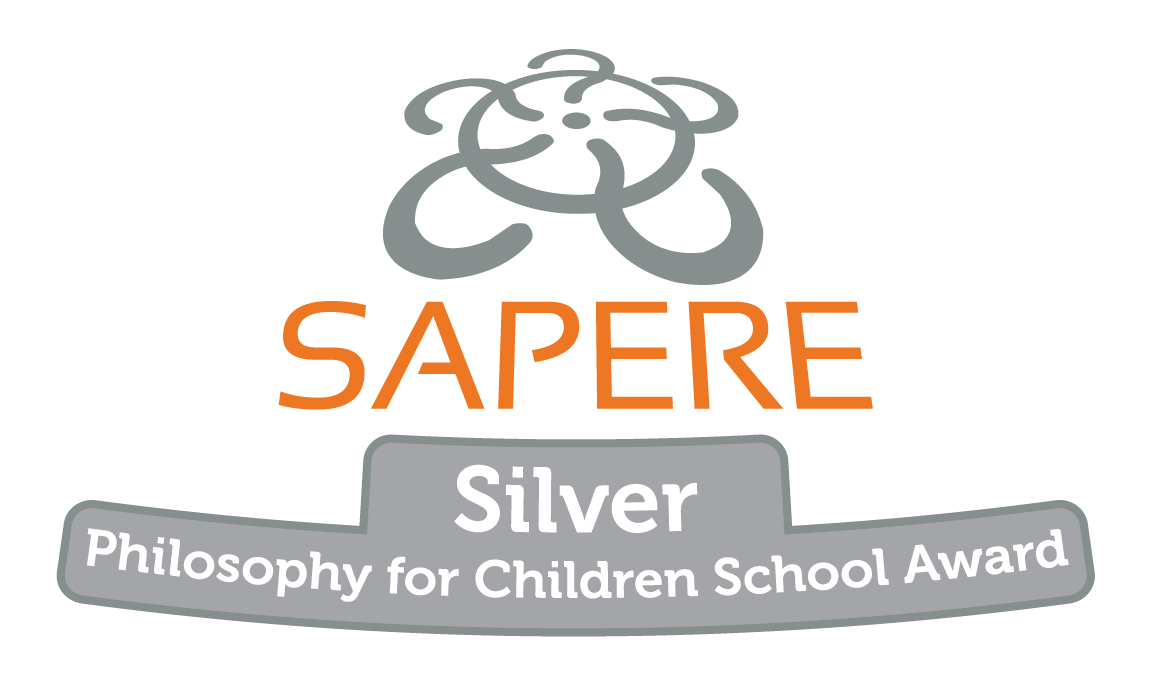Growth hormone (GH), also known as somatotropin, is a peptide hormone produced by the pituitary gland. It plays a crucial role in growth, metabolism, and overall health. As the name suggests, its primary function is to promote growth in children and adolescents; however, it also has important roles in adults.
The Role of Growth Hormone in the Body
Growth hormone influences various physiological processes, including:
- Growth Promotion: GH stimulates linear growth and increases height during childhood and adolescence by promoting the growth of bones and cartilage.
- Metabolism Regulation: It affects carbohydrate and fat metabolism, helping to maintain muscle mass while reducing body fat.
- Cell Repair and Regeneration: GH supports tissue repair and regeneration, making it critical for recovery from injuries and surgeries.
- Bone Density Maintenance: It helps maintain bone density and strength, lowering the risk of osteoporosis.
Natural Production of Growth Hormone
The production of growth hormone is regulated by several factors, including age, sleep, exercise, and nutrition. Peaks in GH secretion typically occur during deep sleep and intense physical activity. Levels of GH naturally decline with age, which is often associated with decreased muscle mass, increased body fat, and other signs of aging.
Signs of Growth Hormone Deficiency
A deficiency in growth hormone can lead to a range of symptoms, including:
- Reduced growth in children and adolescents
- Decreased muscle mass and strength in adults
- Increased body fat, particularly around the abdomen
- Fatigue and low energy levels
- Heightened cholesterol levels and cardiovascular risks
Growth Hormone Therapy
For individuals diagnosed with growth hormone deficiency, therapy may involve synthetic growth hormone injections. This treatment is beneficial not only for children but also for adults suffering from GH deficiency due to pituitary disorders or other medical conditions.
Benefits of Growth Hormone Therapy
Some of the potential benefits of growth hormone therapy include:
- Improved Muscle Mass: GH therapy can enhance lean body mass and improve physical capacity.
- Reduction in Body Fat: It promotes fat loss while preserving muscle, leading to a more balanced body composition.
- Enhanced Bone Density: GH stimulation can help maintain or improve bone density, reducing fracture risks.
- Improved Quality of Life: Many patients report better mood, energy levels, and overall quality of life after undergoing GH therapy.
Growth hormone, often used for its muscle-building and anti-aging properties, requires careful administration to ensure safety and effectiveness. It is crucial to follow the recommended dosage and guidelines provided by healthcare professionals. For more detailed information on the proper use and benefits of growth hormone, you can visit the following link: https://steroidformuscleusa.com/product-category/growth-hormone/. This resource offers a comprehensive overview of available products and their specific usage instructions.
Risks and Side Effects
While growth hormone therapy can be beneficial, it can also carry risks and side effects, such as:
- Joint pain and swelling
- Carpal tunnel syndrome
- Increased insulin resistance, potentially leading to diabetes
- Fluid retention
- Possible increased risk of certain cancers
Conclusion
Growth hormone plays a vital role in growth, metabolism, and overall health. For those with a deficiency, growth hormone therapy can offer significant benefits, although it must be approached with caution due to potential side effects. Understanding the importance of this hormone can empower individuals to make informed decisions about their health, especially in consultation with healthcare providers.

Whether you are considering growth hormone therapy for medical reasons or exploring its potential anti-aging benefits, it is essential to prioritize safety, adhere to prescribed guidelines, and conduct thorough research before proceeding.























